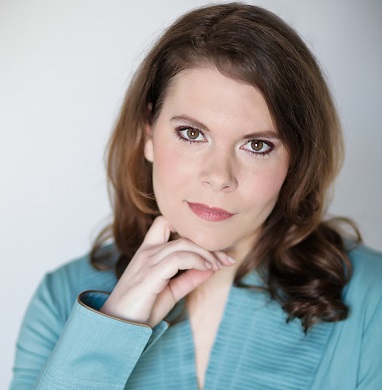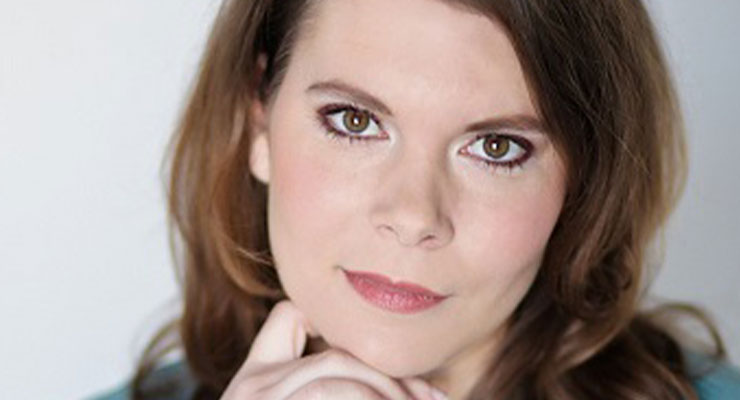ACROSS: What effect will the current economic development have on outlet centers in 2024?
CAROLINE LAMY: Despite the difficult current economic development, the European Outlet industry is performing well. Indeed, all outlet players (developers, retailers and investors) have worked hard to improve and relaunch their attractivity after the pandemic and during this inflation period: new attractive retailers, more exciting Food & Beverage offers, more Premium hospitality services, strong marketing campaigns, etc. Consumers have returned to these outlet centers after the pandemic and numerous schemes have recorded better purchasing rates and stronger basket averages than before the pandemic. The Black Friday week and the sales periods are still the most dynamic events for the outlet industry. Last year, numerous outlet developers were amazed by the success of the Black Friday week, the biggest recorded ever!
ACROSS: WHICH PROJECTS/DEVELOPMENTS IN THE EUROPEAN OUTLET SECTOR ARE CURRENTLY THE MOST EXCITING FROM YOUR POINT OF VIEW?
LAMY: We face a slow development of new schemes. No outlet center opening in 2022 in Europe – an unprecedented situation in Europe since the beginning of the 1990s decade! Only one opened in 2023. A few projects are planned to open in 2024/2025: two in Eastern Europe (in Georgia and Poland), one in the United Kingdom, and two in France and Belgium. These countries already have outlet centers and are considered mature markets except Georgia, which still has no outlet center, so it could be interesting to see which retailers will penetrate this new outlet market and how the Georgian consumers will adopt the outlet concept.
ACROSS: Are outlets continuing to be developed in ‘downtown’ locations and, if so, how do brands reconcile with the potential impact on their full price sales?
LAMY: Downtown locations are still marginal in the European outlet industry and the main outlet centers in the pipeline are located in the periphery area.
ACROSS: What developments do you see in terms of space? Is the trend continuing towards larger flagship stores or is it location-dependent?
LAMY: Even before the pandemic, retailers in partnership with developers were working to increase outlet performances by square meters and the most performing outlet schemes were looking to welcome more brands. That is why a remodeling and repositioning process of these outlet centers and store plans and occupiers have begun. Optimization and renewal are the key strategies for all outlet players, not “the larger, the better” anymore!
ACROSS: What role do regional and independent brands play at the outlet locations?
LAMY: Their roles were still limited in the past, but it has changed. Their presence is now a benefit for outlet developers as well as consumers against the “banalization/standardization” of outlet centers offer even if their performances are not the same as big players. The value of a retailer is not always just a story of strongest performances, it could be elsewhere like the variety of retailers.
ACROSS: Are you seeing an increased number of tenants looking to trial a pop-up/sample sale in a new outlet before agreeing to a long-term lease?
LAMY: Hundreds of new retailers have entered into the European market in the past five years and pop-up stores allow them to “test” their attractivity in outlet centers with low risks. In the past, outlet developers were not all ready to offer this kind of temporary leasing contract. But times have changed, occupancy rates have declined for several outlet centers in Europe in particular during the past 2 years with numerous retailers’ bankruptcies, and pop-up stores are a good opportunity for both players!
ACROSS: Is it not already beginning to mix between full price and off-price shops, e.g. format half price in shopping centers?
LAMY: The US model is not the DNA of the European Outlet centers, but it could be successful like for the Scalo Milano Outlet center which is the only outlet center in Europe which provides to the consumers a mixed offer (full price / outlet). Outlet centers with occupancy issues are still welcoming full price but mainly discount big retailers but this phenomenon is still marginal.
ACROSS: Some major sports brands are already selling a percentage of their stock in outlets at full price. Will it work?
LAMY: It could work if it answers the customers expectation and if the labels “full price” and “outlet” are very differentiated to not cause confusion about the 2 stocks for consumers.
ACROSS: What role does service play in Outlets – especially when international tourists are expected to come back in 2024? Can you give some examples of services in Outlets that differ from services in shopping centers?
LAMY: Despite the standardization of some services (gift cards, free wifi, phone chargers), etc.), the tax refund service is a key regarding hospitality for international tourists in tourist outlet centers. Premium and luxury outlet centers have historical partnerships with prestigious banks or airline companies. English and Chinese-speaking staff is also a benefit to welcoming these guests.
ACROSS: Do outlets necessarily need to have a significant leisure offer or is it mainly a driving for distant schemes?
LAMY: Outlet centers do not necessarily provide a significant leisure offer but a strong and renewed brand offer – which is the key success of these centers – and more recently a great Food & Beverage offer in order to answer the new customers´ expectations and to increase the times of visits and the amount of the basket average. As well as an attractive leisure offer which can also help to attract more local consumers, but it depends on the European countries and their relationship with leisure. Indeed, most UK outlet centers are historically “fun shopping” destinations with multiplex cinemas, bowling, etc. UK consumers are well responsive to this mixed offer. On the contrary, French outlet consumers are historically not focused on it but things could change if the new leisure offer is innovative and allows providing an amazing “day out experience”!
ACROSS: What changes have there been in gastronomy and leisure over the past years?
LAMY: F&B offer is historically a mid-scale offer in outlet centers, but outlet developers are improving the quality, and the range of the F&B offers like the leisure activities in order to improve the “day out shopping experience” and the time of the visits and basket averages
ACROSS: Which F&B and leisure concepts work particularly well in the outlet sector? Where does the sector still have some catching up to do?
LAMY: Big F&B players perform particularly well in Europe. The UK market is well provided regarding F&B. Offers with McDonald’s, Burger King, Five Guys, Subway, Starbucks, Costa Coffee, Prêt à Manger, Patisserie Valerie, etc. are historically very attractive to consumers, but World Food (Nando’s, Wagamama, Zizzi, etc.) is also performing well. The family-oriented restaurants are historically and will remain the core of the offer.
ACROSS: And finally, how do you see digital merging into the outlet experience? What are the technological trends you currently see in outlets?
LAMY: Digital loyalty programs and marketplaces are the new tools for outlet developers to increase the outlet centers’ attractiveness (biggest catchment area and visits 7 days a week, round the clock) and to know better their different profiles of customers with data analysis and to answer to their new expectations.

Caroline Lamy
Caroline Lamy is CEO of Magdus and the CL Outlet Consulting Company







